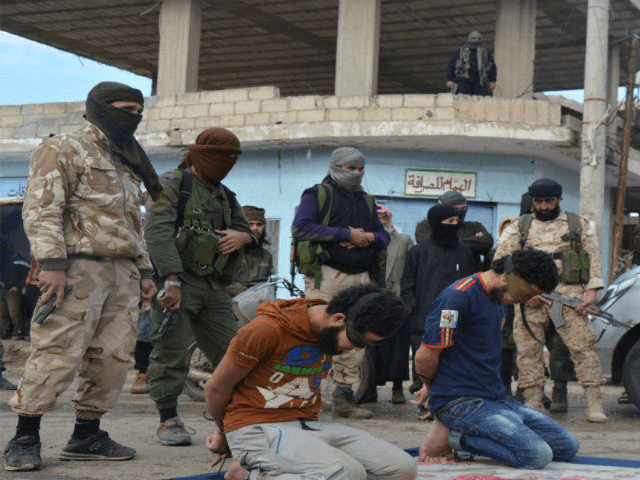Pope Francis said Wednesday that the Catholic Church’s vision of the death penalty has “matured” to the point that it now considers it to be a “grave violation of the right to life that every person has.”
In a recorded video message to the 7th World Conference Against the Death Penalty in Brussels, the pope stressed that human life is a gift that we have received, as well as the “source of all other gifts and all other rights.”
“For believers and non-believers alike, every life is a good and its dignity must be safeguarded without exception,” he said.
“The death penalty is therefore a grave violation of the right to life that every person has,” he continued. “While it is true that human societies and communities are often faced with serious crimes that threaten the common good and security of people, it is no less true that today there are other means to atone for the damage caused and detention systems are increasingly effective in protecting society from the evil that some people may cause.”
As he has proposed on other occasions, the pope said Wednesday that even the perpetrators of crimes should be offered the possibility of repenting.
“It is therefore a positive sign that more and more countries are betting on life and either are not using the death penalty anymore or have completely eliminated it from their penal legislation,” he said.
The church has always defended life but “its vision of the death penalty has matured,” Francis said. “For a long time the death penalty was considered as an appropriate response to the severity of some offences and also to the common good. However, the dignity of the person is not lost even when he has committed the worst of the crimes.”
“No one can take away his life and deprive him of the opportunity to be able to embrace again the community that he wounded and made suffer,” he said.
“The goal of abolishing the death penalty at the global level represents a courageous affirmation of the principle of the dignity of the human person and of the conviction that the human race can confront crime, as well as reject evil, while offering the condemned the opportunity and the time to repair the damage committed, to think about his action and be able to change of life, at least inwardly,” he said.
Last August, the pope amended the Catechism of the Catholic Church in its teaching on capital punishment, declaring it to be “inadmissible” and stating that the Church “works with determination for its abolition worldwide.”
Prior to these changes, the Catechism taught that recourse to the death penalty was not to be “excluded” as a legitimate punishment “if this is the only possible way of effectively defending human lives against the unjust aggressor.”
In December, he upped the ante even further, calling the death penalty a vestige of an age that failed to recognize “the primacy of mercy over justice” and pushing for the abolition of life imprisonment as well.
“In past centuries, when measures available to us for the protection of society were lacking and the current level of development of human rights had not yet been achieved, recourse to the death penalty was sometimes presented as a logical and just consequence,” the pope said. “Even in the Papal States, this inhuman form of punishment has been resorted to, ignoring the primacy of mercy over justice.”
The acceptance of this form of punishment “was a consequence of a mentality of the time, more legalistic than Christian, that sacralized the value of laws lacking in humanity and mercy,” he said.
“The Church could not remain in a neutral position in the face of the current demands of reaffirmation of the dignity of the person,” he said.
Follow Thomas D. Williams on Twitter Follow @tdwilliamsrome

COMMENTS
Please let us know if you're having issues with commenting.